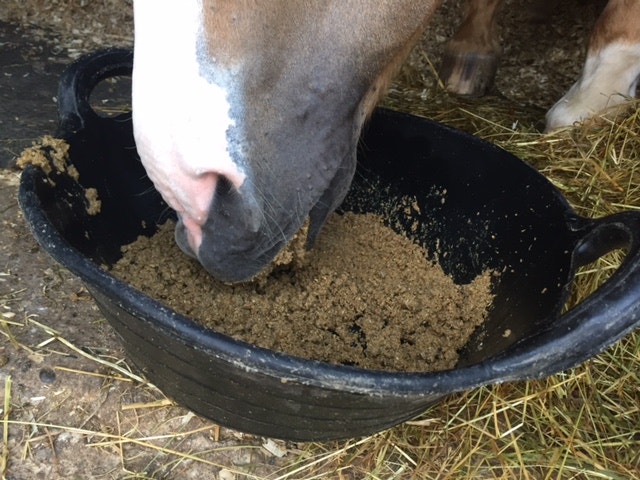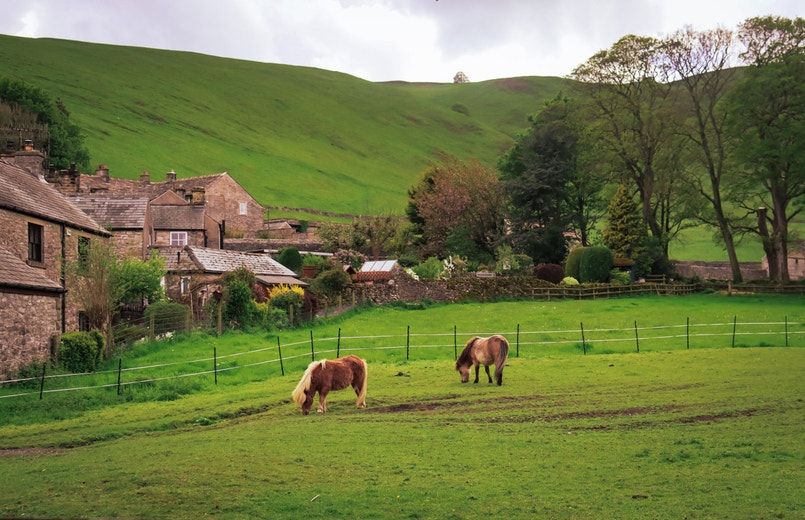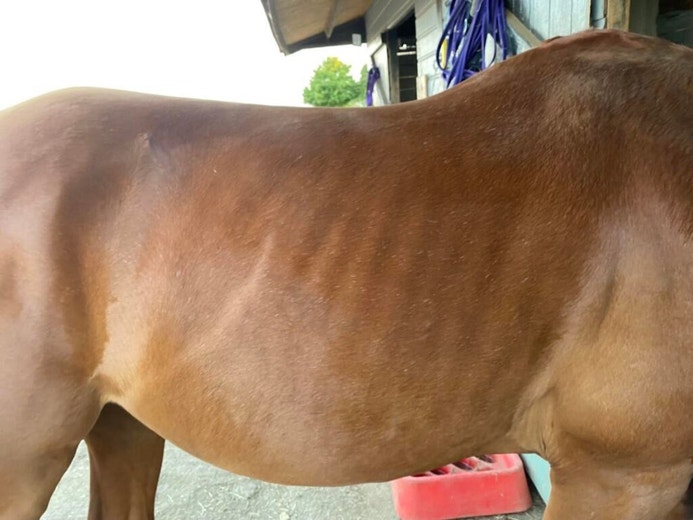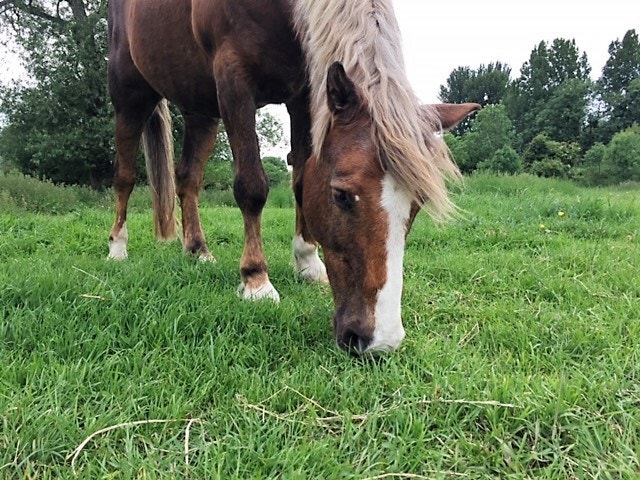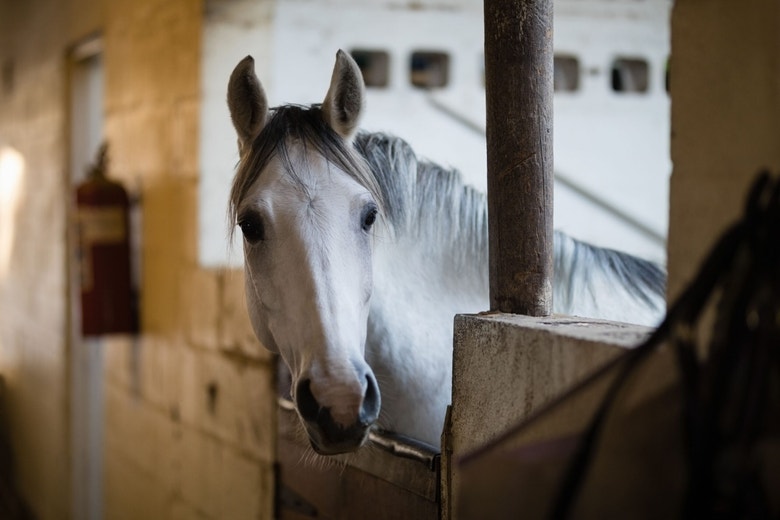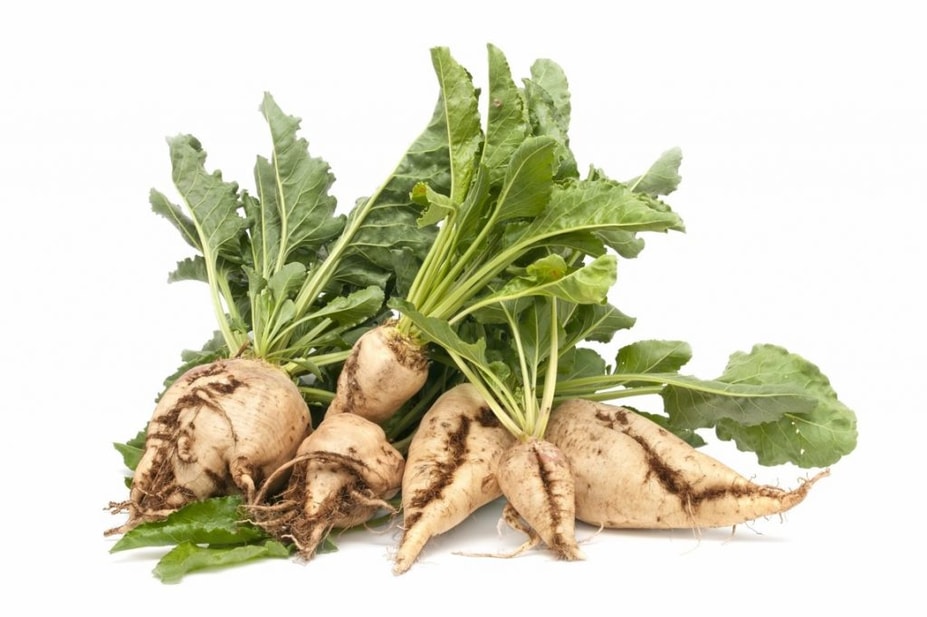
9 Sugar beet facts every horse owner should know
Sugar beet has been fed to horses for over 50 years and with winter on the horizon, will soon become a regular addition to many feed bowls. Despite its popularity, sugar beet is often the subject of confusion. Here we provide the facts to help you decide if and how much sugar beet you should really be feeding…
1. Sugar beet is a root vegetable which, when processed, produces the sugar we put in our tea. The sugar beet pulp fed to horses is a useful by-product left over from processing!

2. Sugar beet is an excellent source of highly digestible fibre and a valuable source of energy (calories). In fact, sugar beet is significantly more digestible than hay and 1kg contains a similar level of energy (calories) to 1kg of cereal grains and conditioning feeds which is why it is often referred to as a ‘super fibre’.
3. Sugar beet processing removes most of the sugar and therefore left unmolassed the sugar beet pulp fed to horses is relatively low in sugar (around 5%). It is also very low in starch (approximately 1%) making it a sympathetic alternative to cereal grains, particularly for horses and ponies prone to excitability or conditions such as laminitis.
4. Soaking times vary significantly between manufacturers and can range from as little as 10 minutes to 24 hours for ‘pure’ sugar beet products. However low levels of sugar beet can be incorporated into compound feeds without the need for soaking – always check the feeding instructions on the bag.
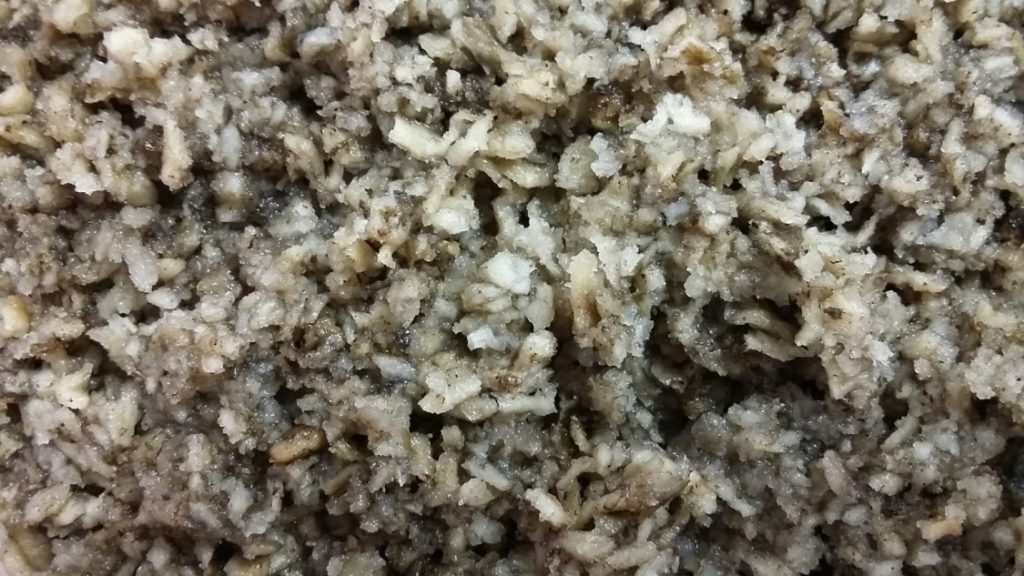
5. Soaked feeds can start to ferment quite quickly, particularly in hot weather. Consider quick soaking varieties and feed immediately after soaking.
6. Whilst it’s true sugar beet is high in calories, it’s often not fed in large enough quantities to be ‘conditioning’! Soaked sugar beet contains approximately 85% water but the increase in volume makes it easy to over-estimate how much you are actually feeding. In fact, 1 Stubbs scoop of ‘Horse and Pony Cubes’ could be 4-5 times higher in calories than a Stubbs scoop of soaked sugar beet!
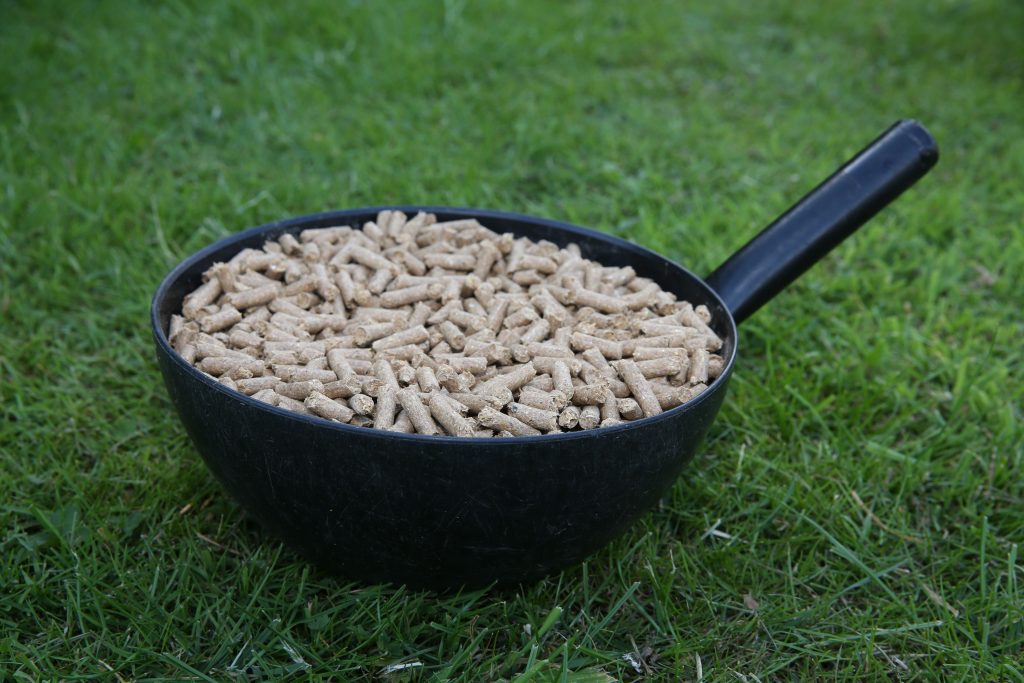
7. Although traditionally considered a conditioning feed, unmolassed sugar beet can actually be a useful feed for good doers. A token ration e.g. a 250g mug (dry weight) for a 500kg horse, will help to bulk out the bucket whilst adding a negligible level of calories to the total diet.
8. Unmolassed sugar beet can also be fed as a partial hay replacer and can be a good choice for poor doers who can no longer chew short chop fibre. Speak to a nutritionist for advice on how much sugar beet can safely be incorporated into your horse’s diet.
9. Sugar beet is low in minerals and does not contain any vitamins. For this reason, it should always be fed alongside an appropriate ration of compound feed, balancer or vitamin and mineral supplement.
SPILLERS produce two sugar beet blends, SPEEDY-MASH Fibre (A low-calorie super-fast soaking sugar beet blend for all horses and ponies) and Senior Super-Mash (The ultimate senior mash for condition & gut health). Both feeds have a delicious apple aroma and benefit from a full complement of vitamins and minerals, added fibres and pre and probiotics for digestive health. Their versatility means they can be used as the full (or part) hard feed ration, as an extra to make meals more tasty or as full or partial hay replacers.
For more advice on feeding sugar beet contact the SPILLERS Care-Line on 01908 226626 or helpline.horsecare@effem.com

